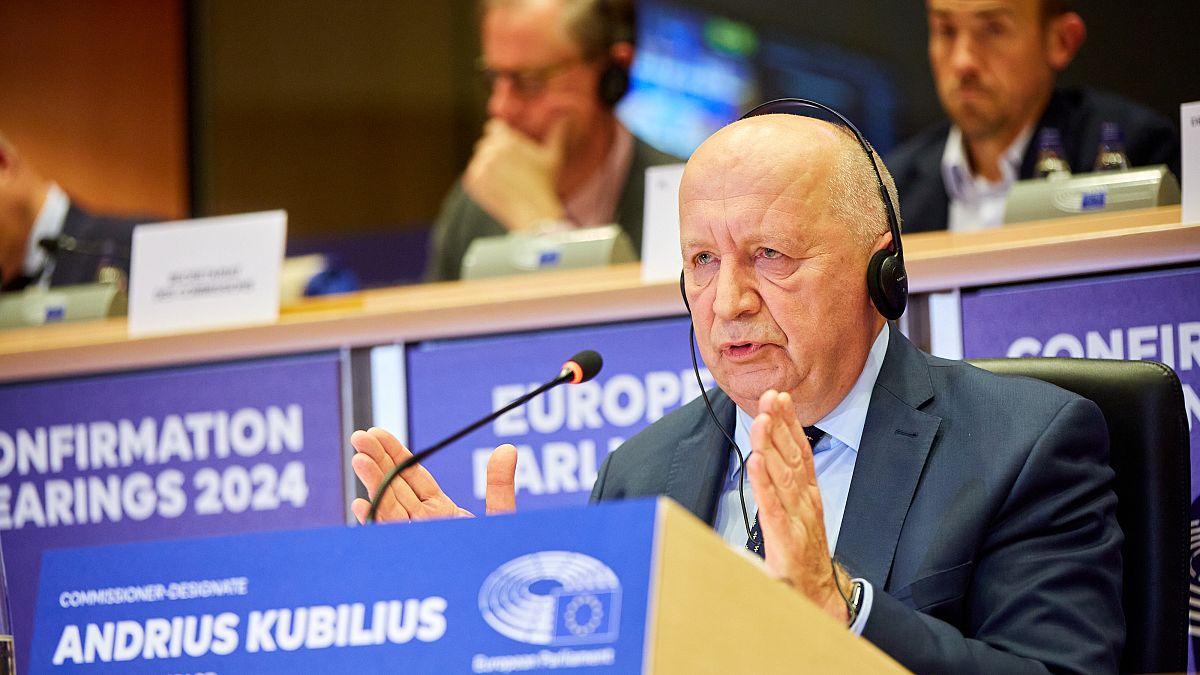Europe needs to be prepared to defend itself against potential threats, particularly from Russian President Vladimir Putin, according to the new commissioner for defence and space, Andrius Kubilius. During his confirmation hearing, Kubilius emphasized the need for the EU to increase defense spending in order to protect itself. He stated that the EU must invest at least €10 billion by 2028, with an additional €200 billion needed for infrastructure upgrades and €500 billion for an EU air defense shield. Kubilius stressed that the focus on increased spending is not due to pressure from President Trump, but rather concerns about Putin’s intentions.
Kubilius highlighted the importance of demonstrating to Putin that the EU is capable of defending itself in order to prevent any potential military aggression. He pointed out that despite the push for increased defense spending, not all EU NATO members are meeting the commitment to spend at least 2% of their GDP on defense. The fragmented nature of the defense market at the national level poses a challenge in ensuring the EU remains competitive against global players like the US and China. Kubilius suggested that if all EU members met the 2% target, an additional €60 billion could be raised annually.
In terms of financing these new defense priorities, the new commissioner did not mention Eurobonds but noted that an increase in the next long-term EU budget would be necessary to support these ambitions. He emphasized the importance of security and defense in ensuring prosperity and competitiveness for the EU. Kubilius’s confirmation for this high-profile role is part of the overall approval process for the Ursula von der Leyen Commission 2.0, which is expected to be finalized in a plenary session in Strasbourg at the end of November.
Overall, Kubilius’s message to MEPs during his confirmation hearing highlighted the urgent need for the EU to bolster its defense capabilities in the face of potential threats, particularly from Russia. The push for increased defense spending is not solely in response to pressure from President Trump, but rather a proactive measure to ensure the EU’s security and ability to defend itself. With the challenges posed by a fragmented defense market and the need for significant financial investment, Kubilius’s confirmation as the first defense commissioner signals a commitment to strengthening the EU’s defense capabilities in the face of evolving global security dynamics.










